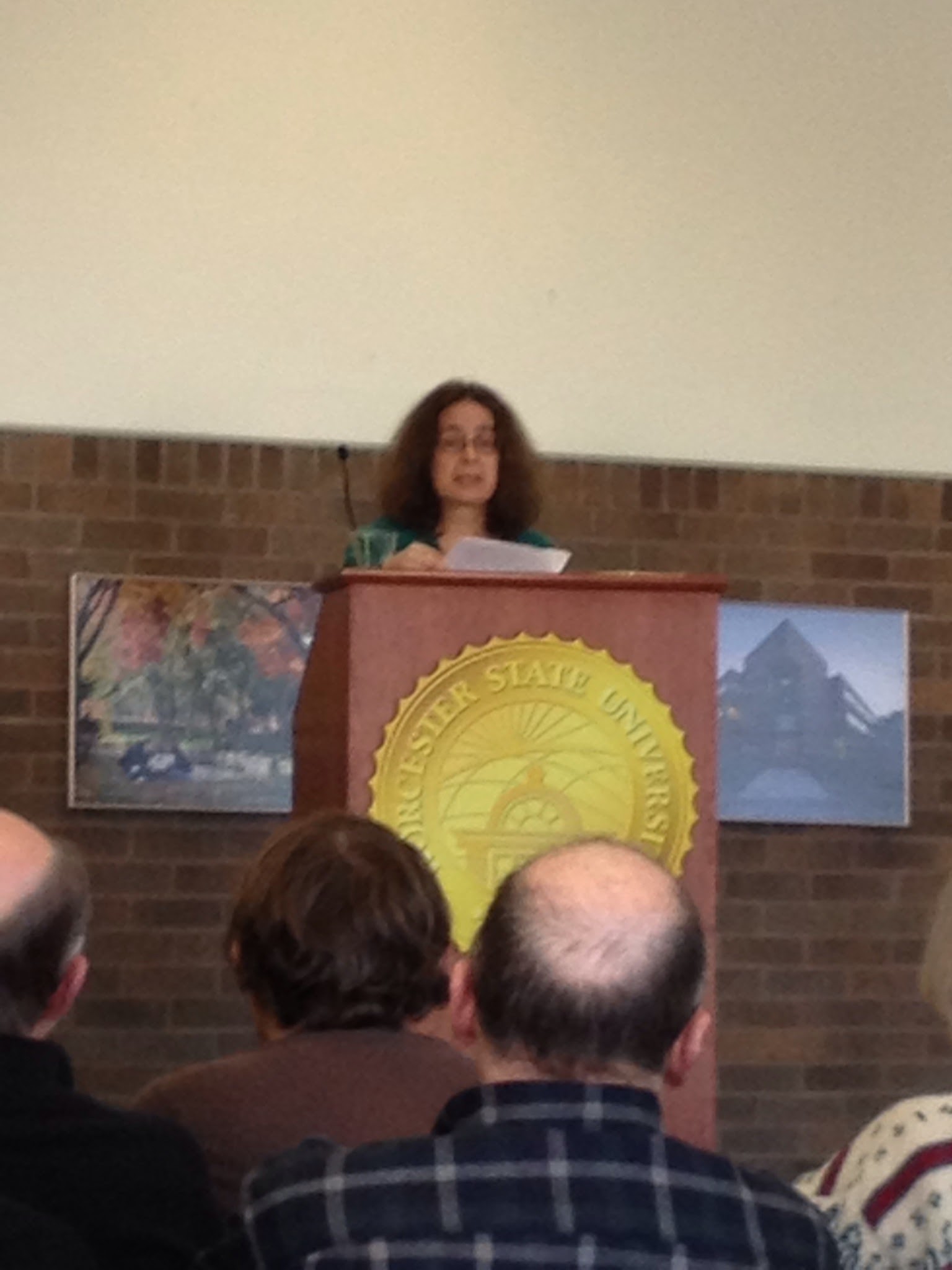What is poetry to you? What about prose, journalism, or any other professional writing you have done?
I describe poetry as dignifying the mystery. I’m interested in beauty, bonds we form with the child, the sea, the sinner. Does the story make you cry? The heart chakra interests me. Einstein said, “The most beautiful thing we can experience is the mysterious. It is the source of all true art and all science.”
I have written for four national daily newspapers and dozens of magazines, covering culture and philanthropy. My interest skews now towards metaphysics, cosmology, and eschatology. I just returned from a six week stay in Italy (visiting my Dad who is 92—and realized there exists a vacuum in the current Italian psycho-social climate. A spiritual vacuum—despite the new Pope Francis whom I respect for his open, vision of inclusion, so I asked my Italian cousin, an MD and a holistic dentist, to join me in publishing the Sedona Journal of Emergence: ITALIA. So maybe I now will be a “professional” publisher.
You are a senior journalist and correspondent at The Epoch Times. How long have you been working there? What are the benefits of working there as a writer?
We are all volunteers at that paper. I have been writing for them a number of years. It is a newspaper with a human rights slant, written by practitioners of the Falun Dafa. The newspaper is published in 25 languages and 35 countries and growing.
I am highly respectful of the people I work with. They are evolved. I studied the Falun Dafa for years—as I did the B’hai faith, I also practiced as a Roman Catholic. I am currently studying Kaballah with a rabbi in Jerusalem (courtesy of skype) and exploring Kaballistic spirituality through galactic venues. Mesmerized by various exponents of religious freedom, I have become an egregious Universalist. For me, there is one Creator God with many names (e.g. Allah, God the Father, Jehovah, YHWH, and so on).
You have also worked to raise funds for the Mercy Center (clinic and school) in Kenya, and your 2007 novel Who’s Afraid of Red took place two years after the Rwandan genocide. Have you always had an interest for the African history and culture? What do you want for people to take away from their learning of the events going on in African countries?
I feel very tuned in to African culture. It is an overwhelming culture in many respects. So rich, so fertile, so ancient, so powerful. What we can take away? Pay attention to a culture whose very roots sustain a deep sense of pride and appreciation for mysterious and sacred tradition, for ritual and ancestral reverence. For knowledge. For Magic.
Not to mention the sheer emotional and spiritual moxy of a people who have survived slavery by whites, dominion by despots who share their own blood, war, famine, poverty, pestilence, and genocide. My God, what haven’t the African people survived? This is no ordinary culture.
The Africans also have a luminous memory. Stories handed down through millennia from tribe to tribe connecting their people to their star origins. The collective African consciousness has a translucency of soul and what I mean by that is, the collective African consciousness (and I have to include indigenous people in general) have a designated window into the Akashic Records which contain precious super-worldly information in the form of light.




















